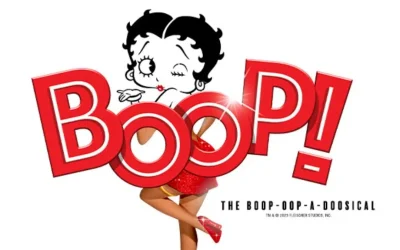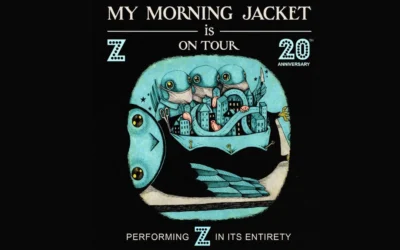StubHub did some number-crunching earlier this week and found that nearly two-thirds of MLB, NBA, NFL and NHL clubs have seen a decline in the average price of tickets sold on the secondary market.
Looking at the average secondary market selling prices through May 3, StubHub said its average sales price for sports events is $81, down 9 percent from the same time last year. Major League Baseball has the lowest overall league average – $64 – compared to $72 for the NBA, $84 for the NHL and peaks at $180 for the NFL.
With respect to individual teams, against that MLB average of $64 the most expensive team was the Boston Red Sox ($94), followed by the New York Yankees ($79), Florida Marlins ($75), New York Mets ($72) and Chicago Cubs ($70). The least-expensive secondary market ticket prices were the Pittsburgh Pirates ($37), with the Los Angeles Angels of Anaheim at $39 and the Arizona Diamondbacks at $43.
In the NBA, where the overall average is $72, the Los Angeles Lakers and Boston Celtics were one-two, though there was a huge disparity: the Lakers average $151, while the Celtics are at $92. The Cleveland Cavaliers are tied with – surprise! – the Sacramento Kings, averaging $85. The least expensive NBA teams in terms of secondary ticket sales are the Utah Jazz ($32) and the New Orleans Hornets ($38).
The NHL shows a gratifying strength, especially considering that both the venue sizes and number of games essentially mirror that of the NBA. Elbowing for the top shelf are five teams from Canada: the Montreal Canadians ($160), Toronto Maple Leafs ($155), Vancouver Canucks ($144), Edmonton Oilers ($138) and Calgary Flames ($136). The Saint Louis Blues and Anaheim Ducks transact at an average of $47 and $49, respectively.
With the fewest games, and arguably appealing to the largest demographic, the NFL’s league average of $180 is no shocker. The Super Bowl champions Pittsburgh Steelers score the highest at $308, followed by the New York Giants ($285), Chicago Bears ($279), Philadelphia Eagles ($247) and Green Bay Packers ($237). Facing third-and-long are the Buffalo Bills ($90), Jacksonville Jaguars ($109) and Cleveland Browns ($113).
A story in Sports Business Journal, which commissioned the data analysis from StubHub, also includes results from a recent poll conducted by Turnkey Sports & Entertainment, which owns the “Turnkey Sports Poll,” a continuing survey of senior-level sports executives and owners.
One of the questions asked of ticket reseller executives in the Turnkey poll (1,100 senior-level sports industry executives in pro and college sports) was, “Which of the following strategies will be the most effective in a down economy?” More than half (52 percent) chose “Add value to tickets,” while nearly 32 percent went with “Reduce face value of tickets.”
When asked if the value of a premium seat is keeping pace with the prices, 77 percent of the executives responded “No.”
TicketNews spoke with Mike Janes, CEO of FanSnap, a just-launched search engine for secondary market tickets. The site is a simple, one-stop shopping clearing house. FanSnap is paid by brokers such as TicketNetwork (parent company of TicketNews), StubHub and RazorGator for each quality lead sent their way.
Janes’ take on the economy’s effect is that Yes, individual ticket prices for sporting events are down, but “unit sales are exploding,” adding that “Mainstream America is finally starting to see that the secondary ticket market works, it’s safe, and it provides choice.”
“The ticket market is the ticket market,” Janes said. “It is efficient, like the stock market is. Ticket prices are what they are. This economy is actually providing a perfect opportunity for ticket sellers to put their best foot forward and get a slew of new customers, for very small acquisition costs.
“So what should the secondary market folks be doing right now? I’ll tell you: provide awesome, impeccable service. If they do that, I don’t think it matters what the economy is doing.”
With evidence of lower profit margins and industry estimates pointing toward as much as 40 percent of all secondary market ticket inventory available at or below face value, Ray Elias, StubHub director of marketing, also sees an upside. Lower prices could mean individual fans attending more games. Perhaps they’ll turn into season-ticket buyers and list their extra tickets in the marketplace. Elias told SBJ, “This could be the spark to get people out to more events, to be thinking more about live entertainment. That’s certainly a positive thing in our view.”




